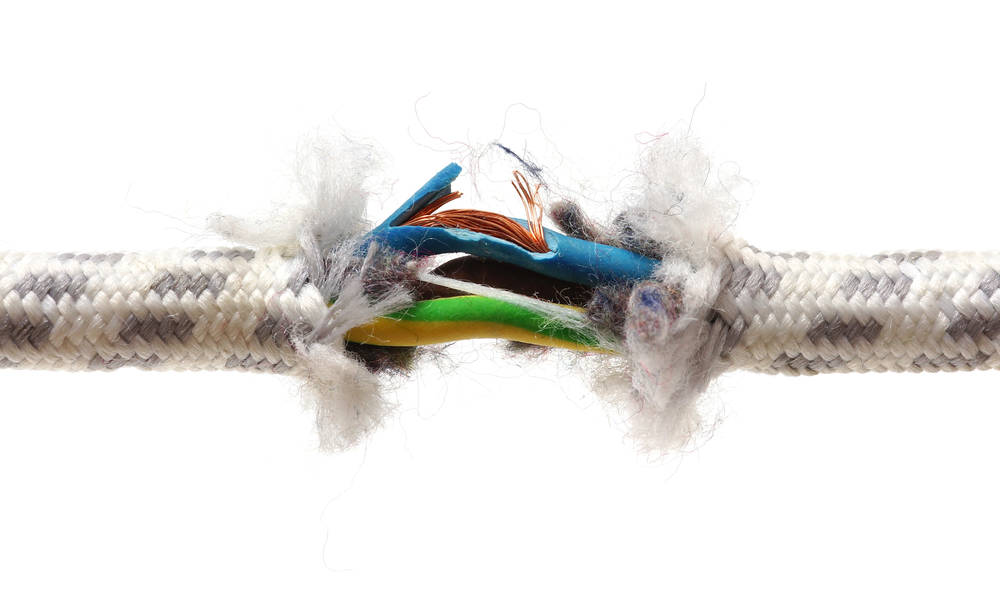
Study: Leaders Need to Build Skills, Adopt New Mindsets in Digital Economy
A new report from the MIT Sloan Management Review says that leaders tend to hold on to outdated leadership tactics and mindsets for too long, putting their organizations' future success at risk.
Leaders often say one of their biggest challenges is keeping an organization on course as everything around it (particularly technology) is constantly changing. But sometimes the problem is compounded when leaders hold on too long to ways of acting and thinking that no longer work well—and not just because of technology.
The New Leadership Playbook for the Digital Age, a new study reported in MIT Sloan Management Review in which researchers surveyed nearly 4,400 executive leaders in 120 countries (including nearly 30 in-depth executive interviews), concludes that many traditional leadership norms no longer make sense in the digital age.
“As we dug deeper into the survey data and interviews, it became clear that, in addition to a deficit of digital savviness, some cultural and behavioral leadership norms that worked well in the past are no longer effective,” the authors write. “Worse, navigating the gap between past and present has created intractable tensions, undermining execution and leaving many organizations stuck in a state of cultural inertia.”
A few key points from the report:
Leaders have a digital skills gap. While 71 percent of survey respondents said they’re well positioned to lead in the digital economy, the numbers fell significantly when those leaders were asked about specific skill sets, such as analytics skills, advocating for advanced technologies, and role-modeling digital tools for organizations. The authors attribute the gap to “strategic blind spots.”
“Virtually every interviewee observed that leaders can’t be successful unless and until they achieve a certain level of digital savviness,” the report stated. “But many leaders simply haven’t reached it.” Only 9 percent of respondents said their leaders had the necessary skills to succeed in the digital economy.
Leaders need a new playbook. While many traditional leadership behaviors are eroding or losing value (top-down decision-making, focus on hierarchy), others are enduring (integrity, ethics) or emerging as increasingly important (digital savvy, collaboration).
“Interviewees cited the need to build core competencies in emerging behaviors, such as expressing empathy, and avoid investing in eroding behaviors, such as micromanaging,” the authors write. “Collectively, our findings suggest that the most advanced leadership teams are committed to identifying these 3E’s (eroding, enduring, and emerging leadership behaviors) in their organizations.” The report notes that organizations that focus on enduring and emerging leadership behaviors tend to be the ones seen as trailblazers.
New leadership mindsets are needed. New leadership skills and behaviors need to be rooted in the right mindsets, the report notes. The authors detail four mindsets representing “the hallmarks of great leadership in the digital economy”: producer, investor, connector, and explorer.
“Organizations need to completely rethink what they are about and what it means to lead,” Patty McCord, the former chief talent officer at Netflix, told the researchers. “It’s not about one person or even those only at the top. In today’s world, everyone has to be a leader—we have to think of ourselves as members of a leadership community. It’s not just something we talk about. It’s who we are.”
(BernardaSv/iStock/Getty Images Plus)






Comments